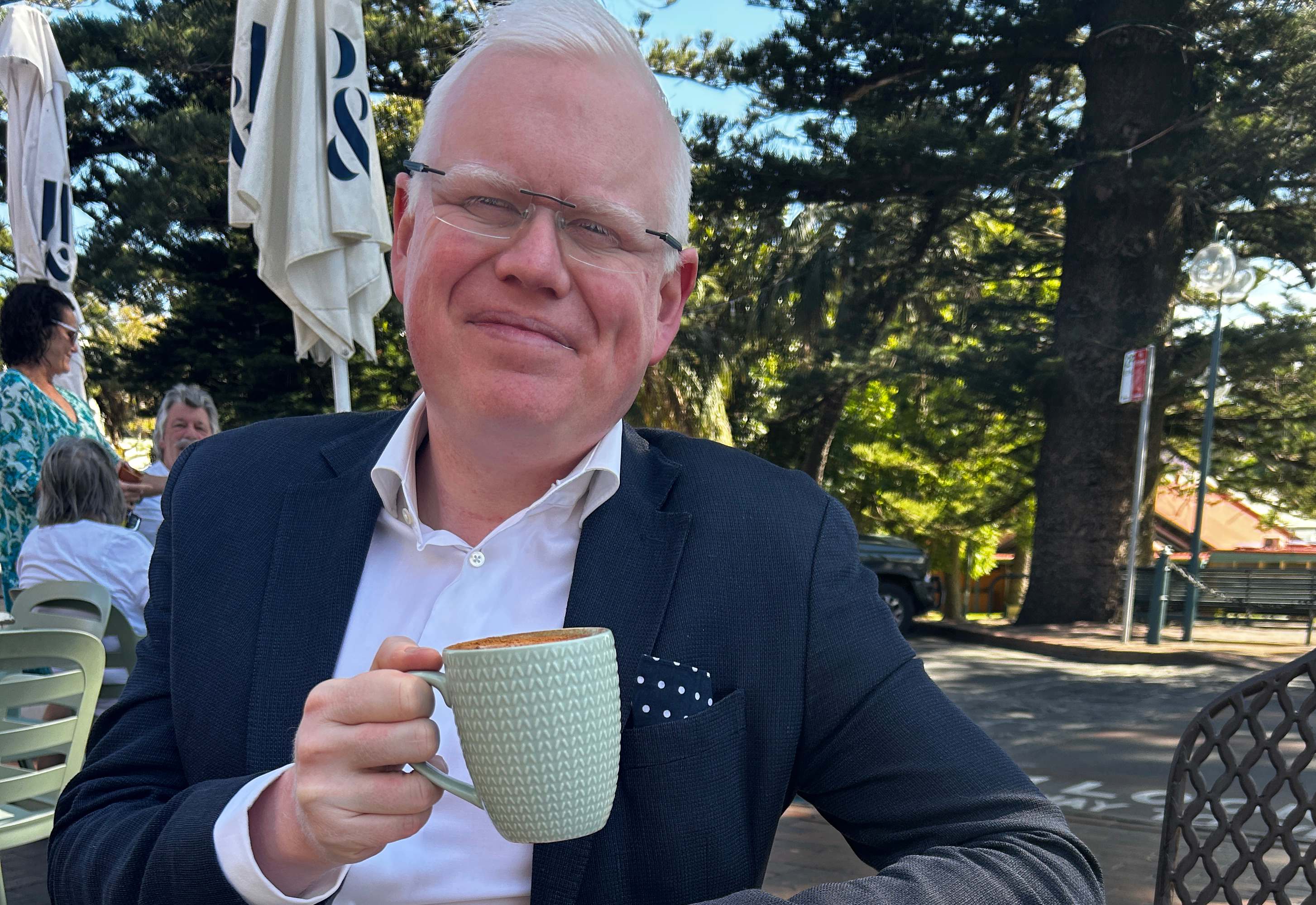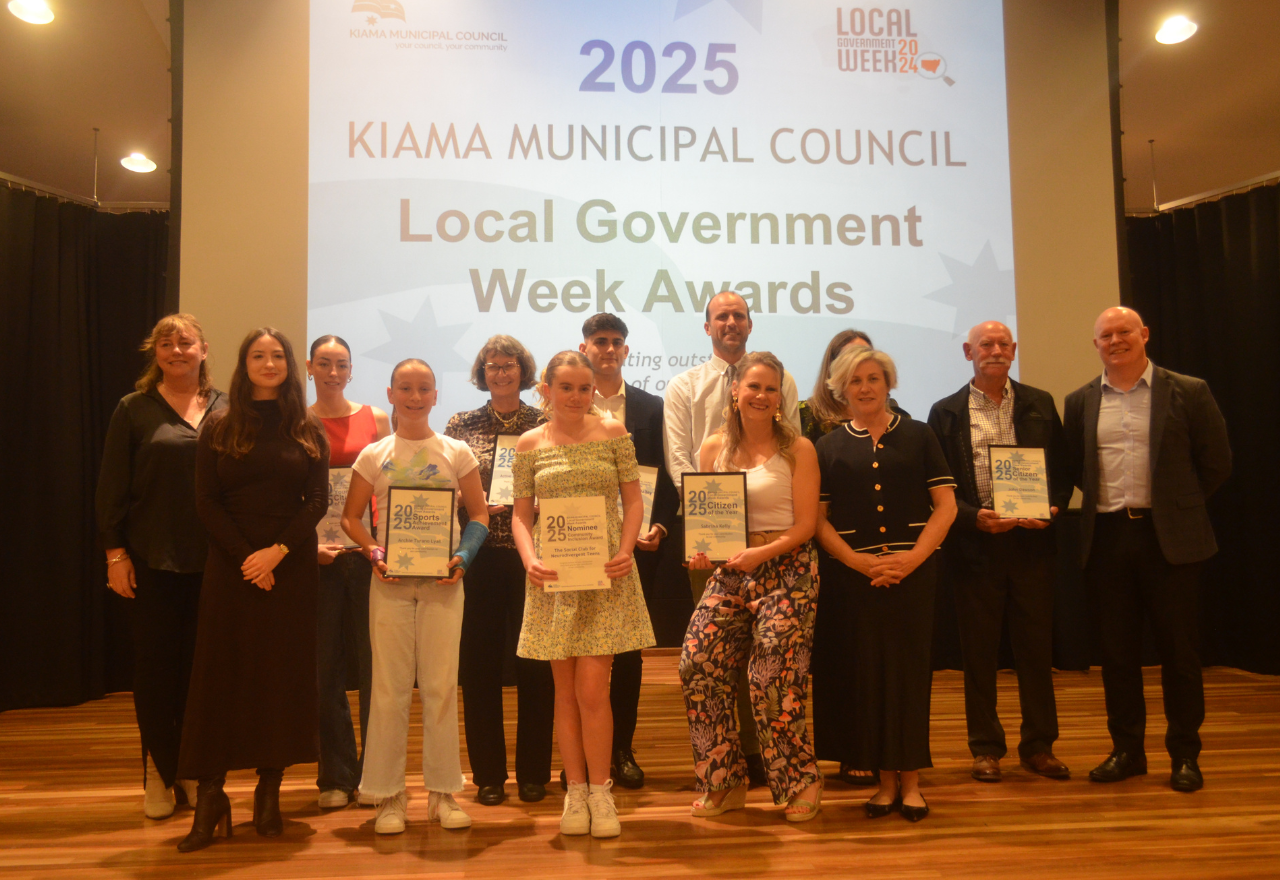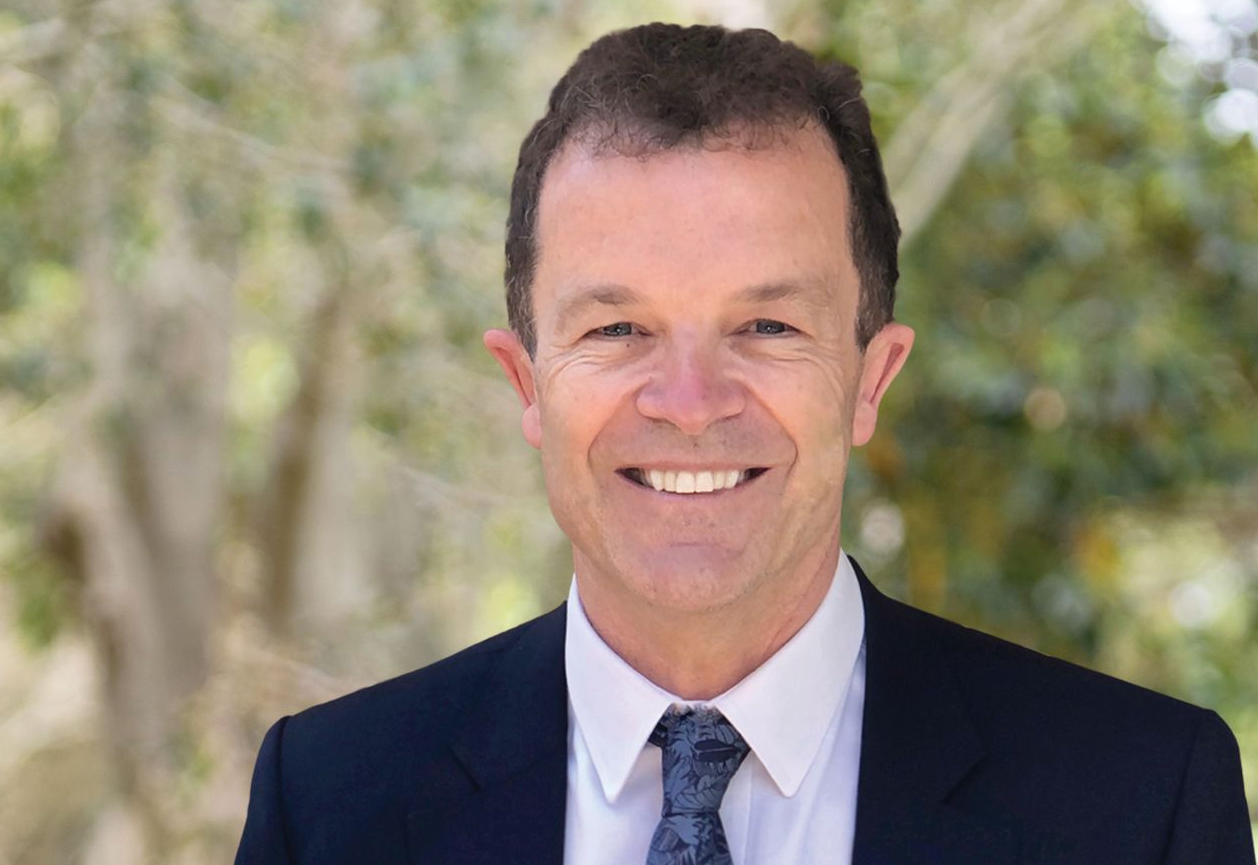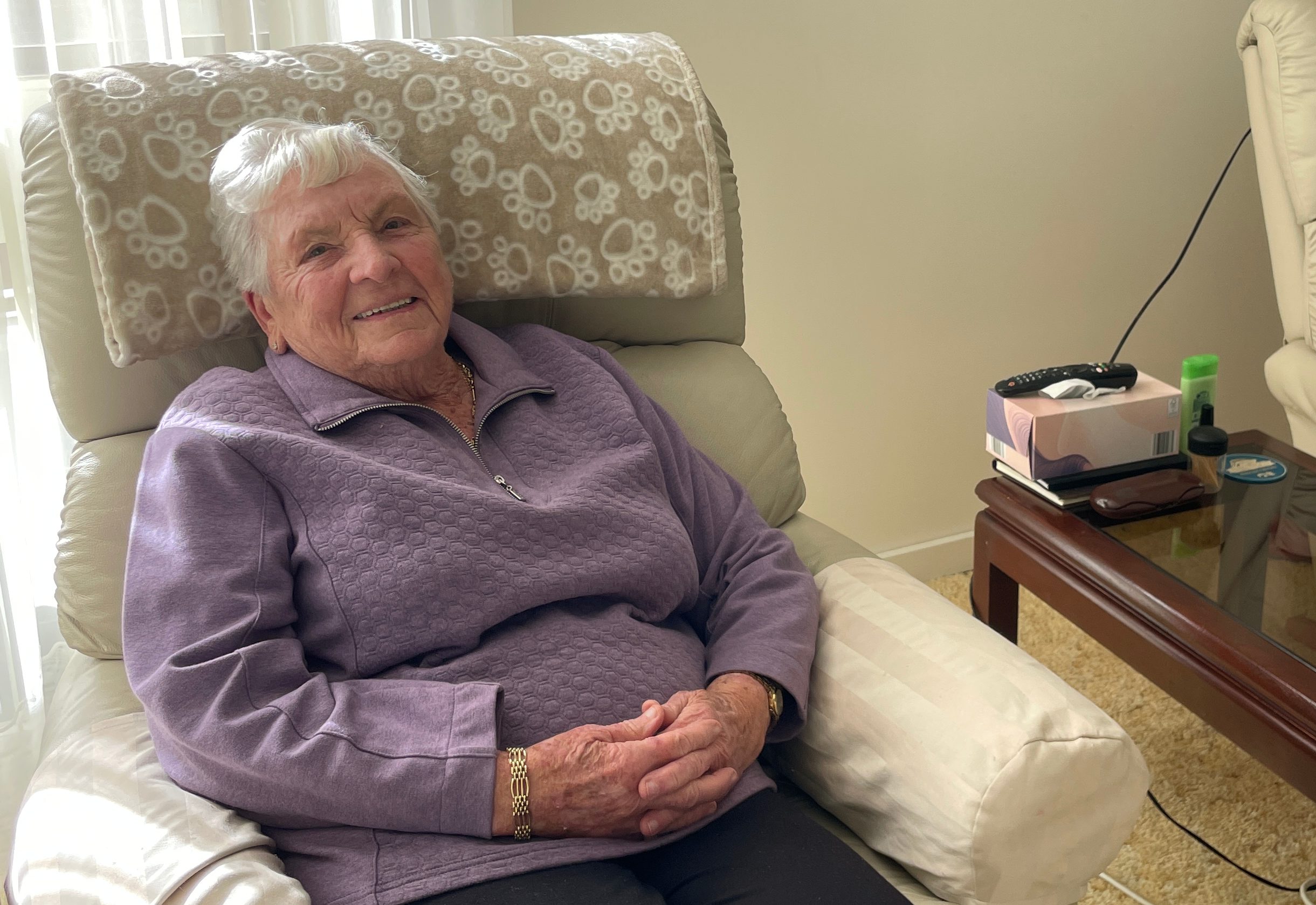When public trust is broken: Lessons from the Ward saga
Neil Reilly
20 August 2025, 8:00 PM

The actions and behaviour for which Gareth Ward has been found guilty are reprehensible.
They cannot be excused, diminished, or brushed aside.
As a community, we are right to feel disappointment, anger, and sadness when a person entrusted with public office fails us so deeply.
Yet alongside that public outrage, I feel another, quieter sorrow, for what might have been.
I first met Gareth Ward in 2008, when he was a councillor on Shoalhaven City Council.
We were both newcomers to local government, meeting at an LGNSW conference in Broken Hill.
What struck me then was his low opinion of fellow councillors, regardless of their political allegiance.
His views were already set, just weeks after an election.
It was a red flag: if he could dismiss his own colleagues so quickly, it was easy to imagine him doing the same to anyone outside his chosen circle.
Over time, I came to wonder if this outlook was not just political strategy, but perhaps a shield - a way of keeping people at a certain distance.
By 2016, when Kiama Council was slated for forced amalgamation with Shoalhaven, he was our local member.
In that heated fight, I saw two sides to him: siding with Kiama locals when he was here, but supporting the state government’s position in Macquarie Street.
This ability to speak one way in one room and another way elsewhere became part of his political method.
As mayor, I knew my duty was to keep our working relationship functional. And we did that.
He was diligent, he worked hard. But I noticed that much of his energy was spent on preserving his position.
It wasn’t unusual for politics and yet, with Gareth, relationships often seemed transactional, shaped by shifting alliances more than steady trust.
And that, I think, is the real sadness.
I’m not sure Gareth ever let himself step outside the political arena long enough to form friendships unbound by ambition or rivalry.
Perhaps he did not trust that such relationships could last; perhaps he never had the chance to learn.
Whatever the reason, the cost was high. Without those deeper connections that sustain and anchor us, the contest of politics can become the whole of a person’s life and, in the end, their undoing.
Politics is demanding work, but its foundation must be trust between colleagues and between the community and its leaders.
Once broken, trust is hard to restore.
In this moment, however, our deepest concern must be for the victims.
Their pain is real and enduring.
They deserve our compassion, our respect, and our unwavering support.
It takes extraordinary courage to speak up, and their bravery reminds us that accountability is not only a matter of law, it is a moral duty.
The lesson here is broader than one man’s fall. It is about the standards we demand from those who lead us: integrity over expedience, respect over manipulation, service over self-interest.
Public office is not a trophy. It is a responsibility, embedded in trust and sustained by our shared humanity.
When that trust is broken, the shadow it casts is long. The victims carry their trauma.
The community carries its disappointment. And some, like Gareth, are left carrying something lonelier still: the absence of bonds that politics alone can never replace.
In the end, a public life will not be measured by the seats you win or the titles you hold.
It will be measured by the trust you nurture, the humanity you show, and the friendships that remain when the contest is over.
Neil Reilly is the former Mayor of Kiama, who was elected to Kiama Council in 2008 and retired in 2024.
NEWS




